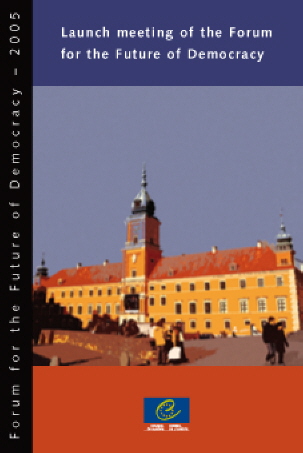|
Other projects |
|
Forum History |
|
The Forum was established by the Third Summit of Heads of State and Government of the Council of Europe (Warsaw, May 2005), to strengthen democracy, political freedoms and citizens' participation. |
|
Forum previous sessions |
|
Interdependence of democracy and social cohesion. New: Proceedings "Radical measures taken in many countries to try to balance public budgets are both necessary and understandableâ but âCountries are running a high risk of seriously undermining the European model of social cohesion.â declared Council of Europe Secretary General Thorbjorn Jagland while opening the Cyprus Forum. |
|
Perspectives 2020 Democracy in Europe - Principles and Challenges
''The Council of Europe has a unique strategic role to play in strengthening good democratic governance at all levels in the European space''. Democracy, or rather good democratic governance, is now not only intrinsically linked to the respect of human rights but is also recognised as the most effective form of governance to ensure stability, sustainability and well-being. That was the main message of the 2010 Forum. |
|
(Kyiv, October) Electoral systems: strengthening democracy in the 21st century "In a genuine democracy, the citizen is sovereign and the voter decides" - that was the main message of the 2009 Forum, which highlighted the need for greater public involvement, with a view to increasing voter turnout and ensuring that all stages of public life are democratic.. |
|
"E-democracy: who dares?"
The discussions addressed the impact of information and communication technologies (ICTs) on democracy. |
|
"Power and empowerment - The interdependence of democracy and human rights"
This event addressed issues such as the role and responsibilities of the opposition, representative democracy at the local and regional level, empowerment of the individual and non-discrimination, respect for freedom of expression and association for civil society, and fostering democracy, human rights and social networks. |
|
"The role of political parties in the building of democracy"
The Forum reflected on the role and responsibilities of political parties in finding democratic solutions to contemporary challenges, the interaction between political parties and with other actors in the democratic process, and the building and strengthening of democratic institutions. |
|
Launch meeting (Warsaw, November 2005) "Citizens' participation"
The discussions addressed the state of contemporary democracy in Europe. |
|
Previous projects |


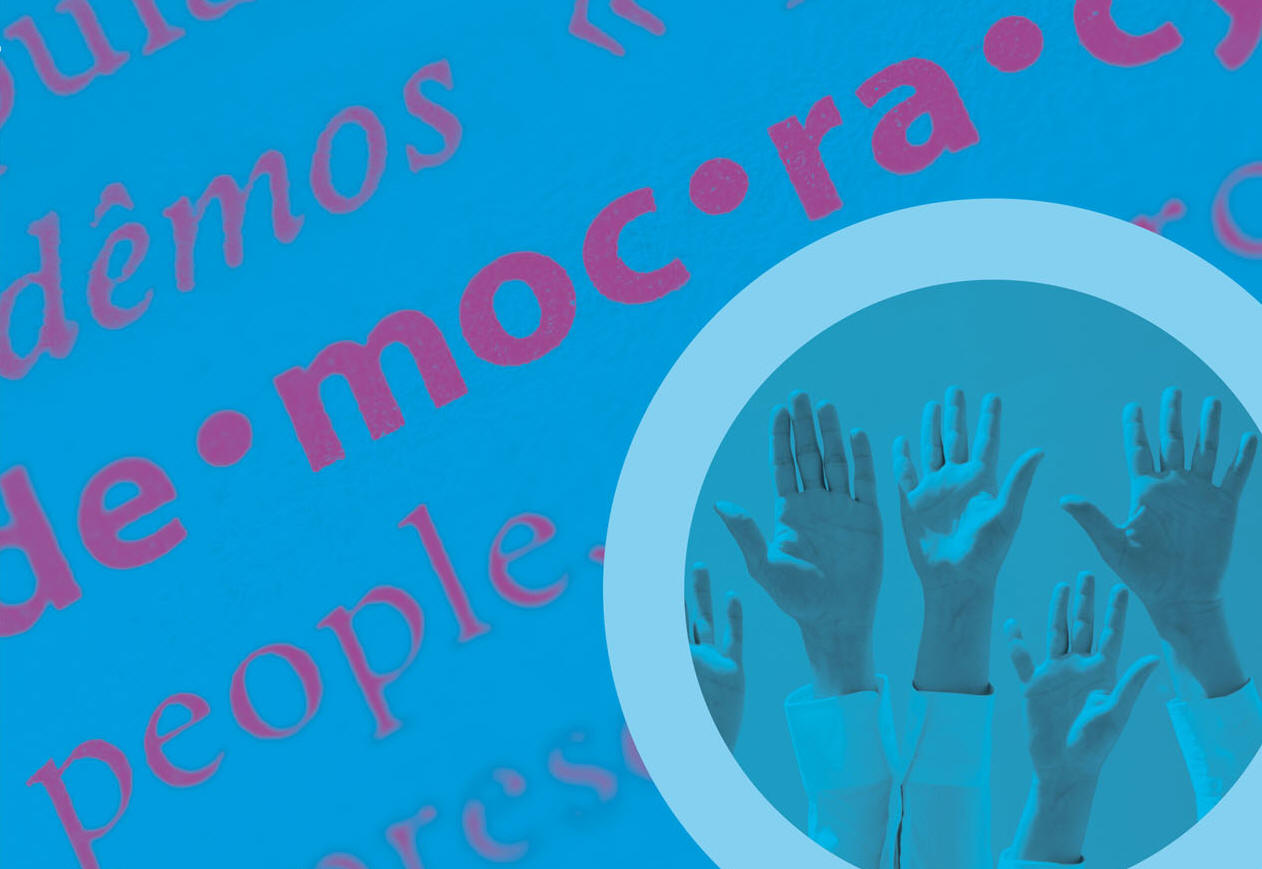
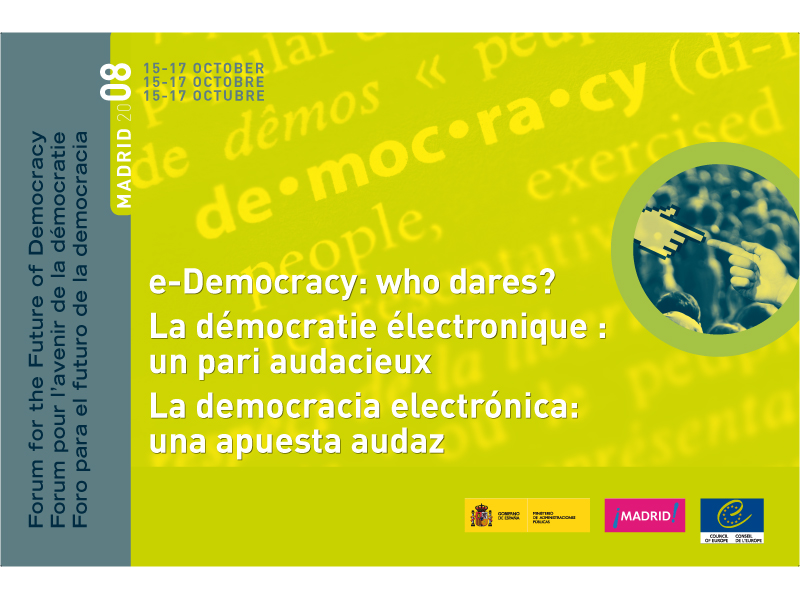
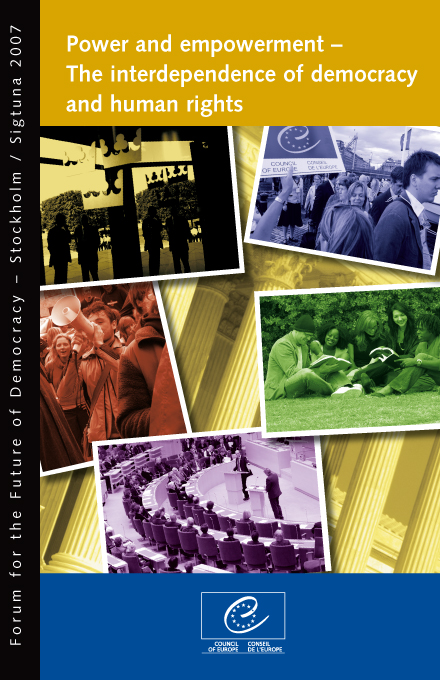
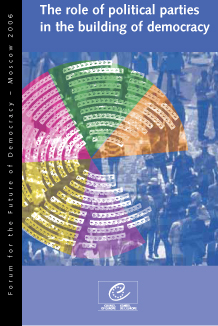
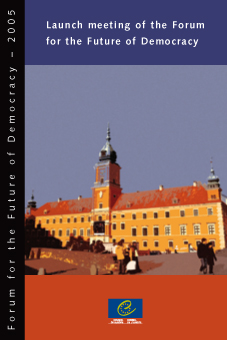
 Print
Print  Send
Send 